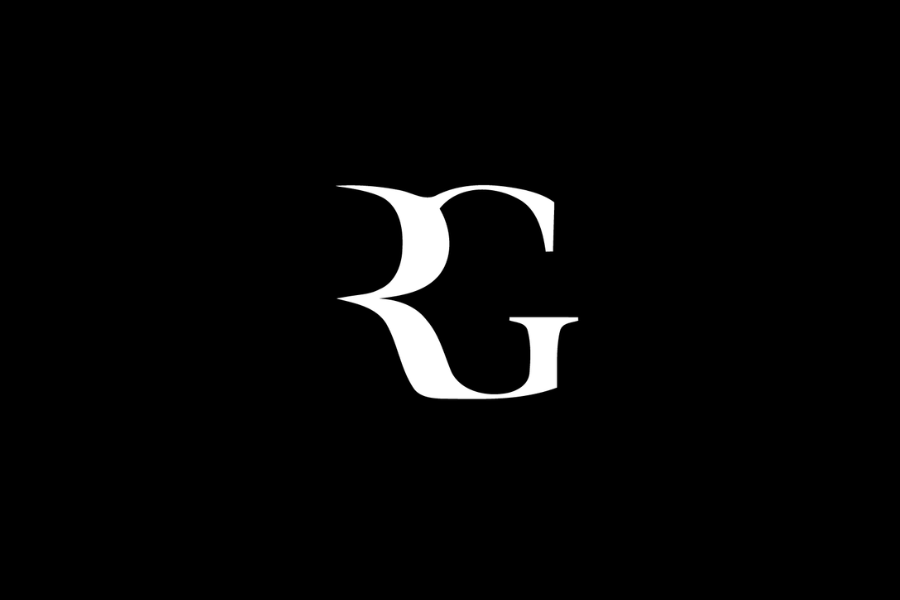UK retailers have seen their taxes rise 65 per cent since 2005 amid increasing business rates and corporate taxes, new data released today reveals.
According to a report by PricewaterhouseCoopers (PwC) of the Hundred Group of Britain‘s largest businesses, a pledge from the Government to cut corporate taxation by 2015 is doing little to relieve pressure on retailers as business rates and employers National Insurance contributions have rocketed by nearly 80 per cent since 2005.
Although the corporation tax rate has been reduced, payments of corporation tax by retailers has grown 11 per cent over the period while, across the sector as a whole, business rate contributions jumped by more than 30 per cent between 2008 and 2010.
Meanwhile retail corporation tax, which reported a fall of 14 per cent from 2007, increased by more than six per cent between 2008 and 2012.
“Governments looking for stable tax revenues have rebalanced business taxes so there is less reliance on corporation tax, which is inevitably volatile as it is dependent on profits,” Mary Monfries, Head of Tax Policy at PwC said.
“For every £1 of corporation tax, the UK‘s largest retailers now pay almost £2.40 in other taxes out of their profits.
“The rise in business rates in particular is felt by retailers given their large property portfolios.”
Bearing such a financial burden is becoming increasingly difficult for retailers already operating within challenging conditions, as UK retail sales fell at their sharpest rate in 16 months in May.
Chief Retail Advisor to PwC Christine Cross said that it is important to remember the value that retail brings to the British economy.
“Retail in the UK not only gives domestic employment, but also stimulates consumer confidence and makes a significant contribution to the public purse,” Cross noted.
“However, high business rates represent a significant burden for those still trying to balance physical stores with online retail.”

























